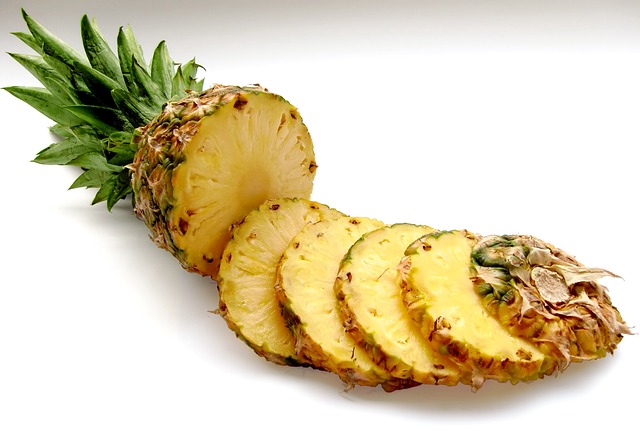Unlocking the Power of Probiotics: A Guide to Optimal Gut Health
The Importance of Gut Health
The gut, often referred to as the “second brain,” plays a crucial role in maintaining overall health and well-being. Not only is it responsible for digestion, but it also houses trillions of microorganisms, collectively known as the gut microbiota.
These microorganisms, including bacteria, viruses, and fungi, perform essential functions, such as aiding in nutrient absorption, supporting the immune system, and even influencing mood and mental health. When the gut microbiota is imbalanced, it can lead to various health issues, including digestive disorders, weakened immune function, and inflammation.
The Role of Probiotics
Probiotics are live bacteria and yeasts that are beneficial to our health, particularly for our gut. They are found in various fermented foods and supplements. When consumed in adequate amounts, probiotics can help restore and maintain a healthy balance of gut microbiota.
Probiotics work by colonizing the gut, competing with harmful bacteria for resources, and secreting substances that inhibit the growth of pathogens. They also stimulate the production of short-chain fatty acids, which provide nourishment to the cells lining the gut.
Research has shown that a healthy gut microbiota, supported by probiotics, can improve digestion, enhance nutrient absorption, and strengthen the immune system. Probiotics have also been associated with a reduced risk of certain gastrointestinal conditions, such as diarrhea, irritable bowel syndrome (IBS), and inflammatory bowel disease (IBD).
Types of Probiotics
There are several strains of probiotics, each offering unique benefits. Some of the most commonly studied and used probiotic strains include:
- Lactobacillus acidophilus: This strain is known to aid in the digestion of lactose, the sugar found in milk and dairy products.
- Bifidobacterium animalis: This strain has been shown to support healthy gut function and improve symptoms of IBS.
- Saccharomyces boulardii: This yeast-based probiotic is effective in preventing and treating various forms of diarrhea.
- Streptococcus thermophilus: This strain is often used in the production of yogurt and helps break down lactose.
Food Sources of Probiotics
One way to incorporate probiotics into your diet is by consuming foods that naturally contain these beneficial microorganisms. Some excellent food sources of probiotics include:
- Yogurt: Look for varieties that contain live and active cultures. Greek yogurt is a popular option.
- Kefir: This fermented milk drink is rich in probiotics and can be consumed plain or added to smoothies.
- Sauerkraut: Made from fermented cabbage, sauerkraut is a good source of probiotics as well as vitamins and minerals.
- Kombucha: A fizzy, fermented tea that contains probiotics and is available in a variety of flavors.
- Miso: A traditional Japanese seasoning made from fermented soybeans, miso can be used in soups, dressings, and marinades.
Choosing the Right Probiotic Supplement
If incorporating probiotic-rich foods into your diet is challenging, or if you want to ensure a consistent intake of probiotics, supplements can be a convenient option. Consider the following factors when choosing a probiotic supplement:
- Strain diversity: Look for a supplement that provides a diverse range of probiotic strains to support overall gut health.
- CFU count: CFU (colony-forming units) refers to the number of viable bacteria in a supplement. Higher CFU counts are generally more effective.
- Survivability: Ensure that the supplement has a







